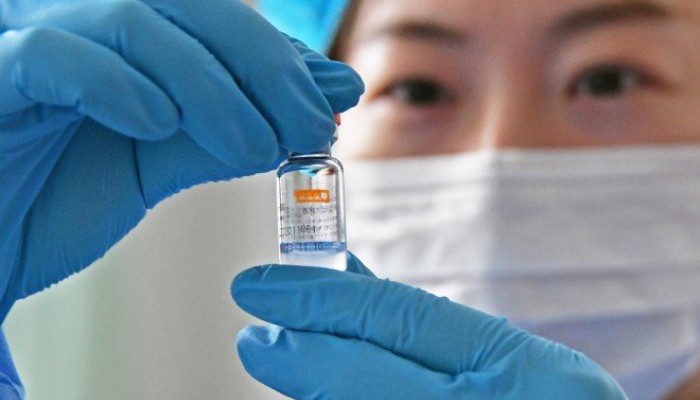|
Hello again,
Having overcome the challenges of developing coronavirus vaccines and begun the process of distributing them worldwide, a crucial question has cropped up: will people in high-risk areas voluntarily take the jab? In this issue of Global Impact, we explore the resistance to vaccinations amid concerns about quality, effectiveness and possible side effects.
Bhavan Jaipragas
Senior Correspondent
Asia Desk
You can bring the vaccine to the people, but will they take the jab?
In the span of a year, Singapore has gone from being hailed as the gold standard in curbing the Covid-19 pandemic to suffering an embarrassing surge of cases among migrant workers to once again reasserting itself as a success story.
What lies ahead for the wealthy Southeast Asian city state in its fight against the virus may well be a harbinger of what’s to come for the rest of Asia – and the world. One big problem on the horizon is “vaccine hesitancy” among sceptical Singaporeans who argue they don’t need to be inoculated since the country has done such a good job keeping the numbers down.
Experts have sought to emphasise that this is a red herring.
A fuller opening up of the economy – and the reopening of borders – cannot happen without the backstop of having a large enough proportion of the population inoculated.
Such vaccine hesitancy has also been evident in China, with doctors among those sceptical about taking the vaccines after reports of inoculated healthcare workers falling ill in the United States and Britain.
That said, Chinese citizens are purportedly the most willing to receive the vaccine among citizens of 15 countries, including the US, Japan, France and Britain. In Hong Kong, however, some 40 per cent of 412 Hong Kongers below the age of 30 surveyed recently said they were averse to getting the vaccine.
They cited doubts about its effectiveness, worries about side effects and a lack of choice as the key reasons for their hesitancy.
The question of choice is also plaguing the way governments are thinking about their respective vaccination programmes.
Cambodia, despite its extremely close ties with China, has indicated it will wait for guidance from the World Health Organisation on approved vaccines – even though Beijing had included it in a list of countries to receive priority access to Chinese-made vaccines.
Health officials in Asia and elsewhere are hoping that the examples set by political leaders volunteering to vaccinate themselves, as well as the steady trickle of data on the effectiveness of various vaccines, will help quell scepticism about them. These are early days yet. In the months to come, vaccine scepticism may not be the only issue weighing on governments’ minds.
As more people get their shots, attention will next turn to the actual impact the vaccines are likely to have – particularly their impact on asymptomatic infections – and how long the protection they provide will last.
Of concern among medical circles is the mixed picture that vaccine trials have so far thrown up, in terms of how well the various shots protect the elderly and those with serious pre-existing illnesses.
|













